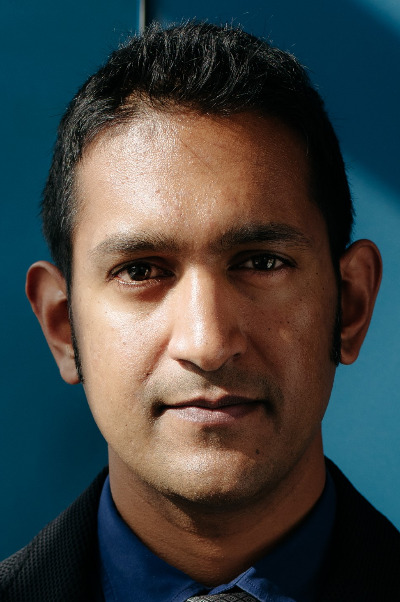
Part one of this series looks at the claims brought against manufacturers of diagnostic test kits.

Part one of this series looks at the claims brought against manufacturers of diagnostic test kits.

Companies can improve their chances for a successful transition by leveraging their knowledge of their medical devices and understanding what each device’s categorization under the MDR means to its testing strategy.

In order to meet the worldwide need for faster and affordable testing processes, companies must shift goals and apply resources to ending this pandemic.

In general, the Asian markets have controlled the COVID-19 virus successfully outside of China, but its effect has still led to new developments and trends.

With everything to gain, telehealth may lead to a new standard in health/wellness treatment while at the same time unifying the entire healthcare ecosystem.

Companies developing technologies that integrate AI need to consider regulatory concerns, community demographics, fitting into existing workflows, technical proficiency of both the hospital personnel and consumers.

The medical device industry is pressured to aid those stricken by the pandemic, while at the same time working to mitigate increased risks usually associated with hurried manufacturing and quality control procedures.

The winning innovators will receive grant awards of upwards of $50,000.

Investments in new processes and systems must satisfy the needs of the authorities and ensure patient safety and public confidence. Getting it right is likely to be expensive. but regulatory compliance shouldn’t be viewed purely as a cost center.

While companies developing solutions that address the current pandemic may be receiving an influx of financial support, recovery for companies in other segments of the industry is slow.